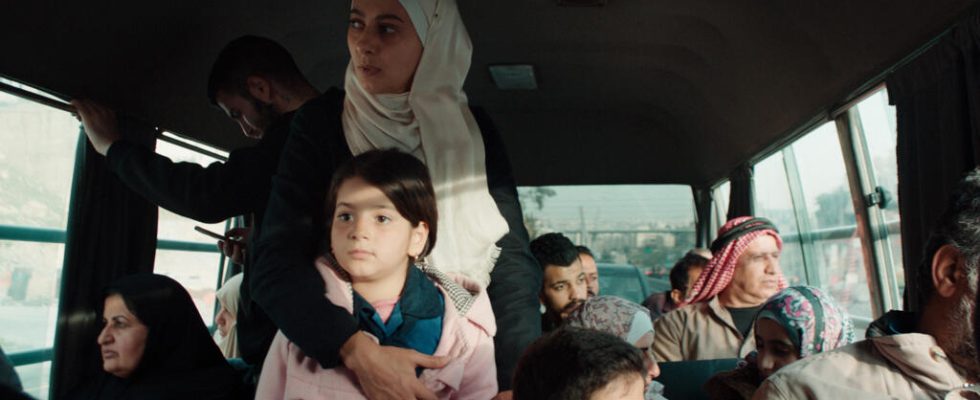It was the first Jordanian film to compete at the Cannes Film Festival last May, in Critics’ Week, one of the main parallel sections of the festival. “Inshallah a son” is a mirror held up to Jordanian society on the inequality between men and women in terms of inheritance. The film directed by Amjad Al Rasheed was selected to represent Jordan at the Oscars.
1 min
At 38 years old, Amjad Al Rasheed embodies the next generation of Jordanian auteur cinema. It tells on the big screen the confiscation of inheritance by the patriarchal society of his country, through the portrait of a woman, Nawal, brutally widowed and mother of a little girl. Without a male heir, the inheritance, that is to say the house which she occupies with her child and which her dowry made it possible to pay for, will now belong to her husband’s brother. Nawal could also lose his daughter, the brother of the deceased being able to claim custody, if he manages to prove – the height of the absurd – that his mother, now homeless, no longer has the means to raise her.
Inshallah a son is striking for its mastery and the depth of its intrigue in different strata of Jordanian society. The film unfolds a sort of oppressive race against time, between attempts at bluff by a combative woman who must play tight – cornered by the weight of religious morality and reputation – against greedy male characters. Co-written by two women, Rula Nasser and Delphine Agut, Inshallah a son delivers a relentless and realistic critique of the structural oppression of women in Jordan.
